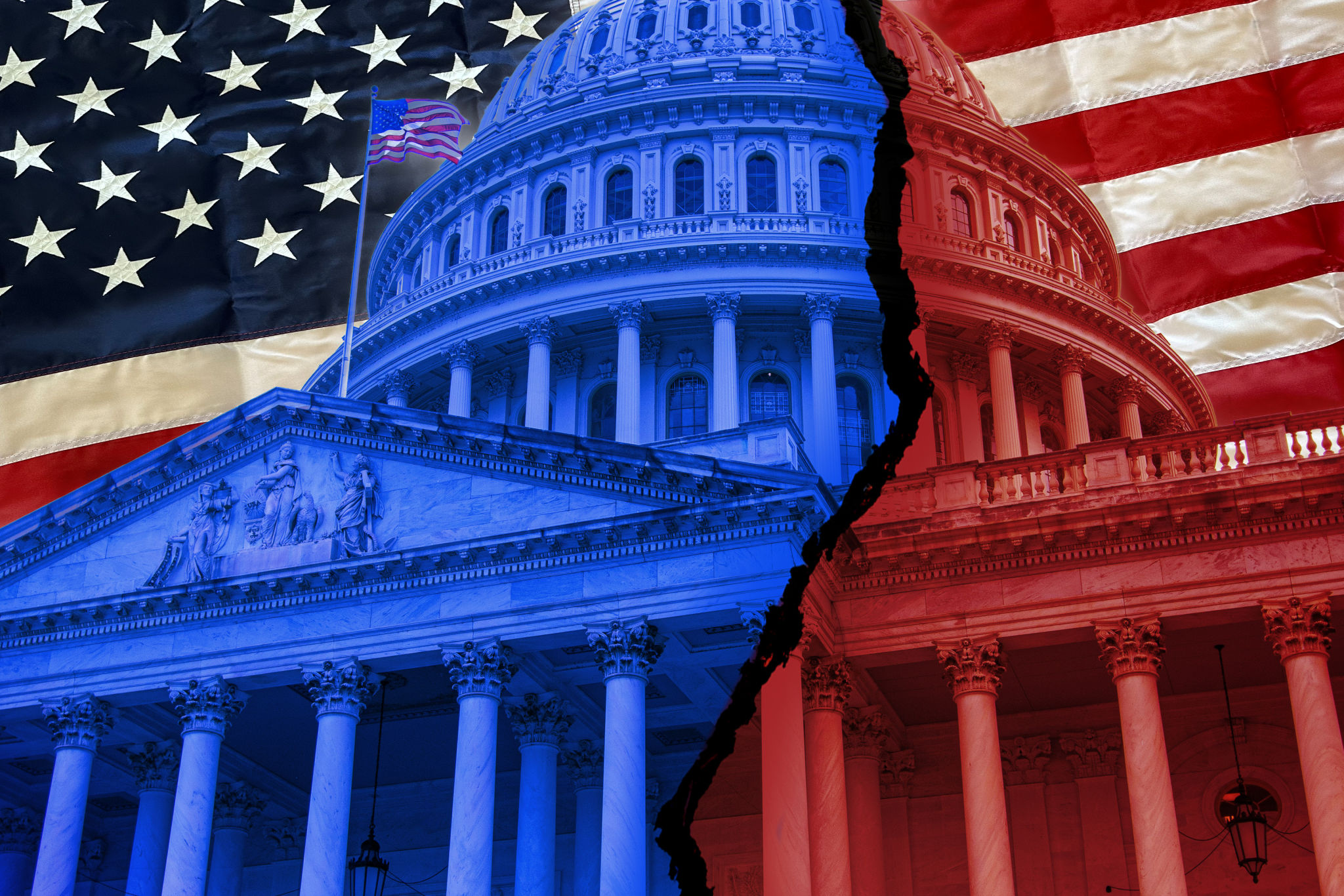The Role of Social Media in Shaping Presidential Elections
The Influence of Social Media
Social media has become a major player in presidential elections. People use platforms like Facebook, Twitter, and Instagram to share their thoughts and opinions. Candidates use these platforms to communicate directly with voters. This has changed how elections are run and how voters make decisions.
Through social media, candidates can reach millions of people quickly. They share their messages, policies, and updates instantly. This direct communication helps build a connection with voters. It also allows candidates to respond to issues in real-time.

Engagement and Interaction
Social media encourages interaction between candidates and the public. Voters can ask questions and share their views. This engagement creates a sense of community and involvement. It also allows candidates to address concerns and adjust their strategies based on feedback.
Moreover, social media provides a platform for debate and discussion. People can engage in conversations about important topics. This exchange of ideas can shape public opinion and influence the election outcome.
Impact on Voter Behavior
Social media plays a role in shaping voter behavior. People often rely on information shared on these platforms to form their opinions. Candidates use targeted ads to reach specific groups of voters. This strategy helps them focus on key issues that matter to different demographics.

Additionally, social media can amplify misinformation. False information spreads quickly, affecting how people perceive candidates. It is important for voters to verify the information they receive and make informed decisions.
The Role of Influencers
Influencers on social media also impact elections. They have large followings and can sway public opinion. Candidates often collaborate with influencers to reach wider audiences. This partnership can enhance their visibility and credibility.
Influencers share their personal views and experiences. This can resonate with their followers and shape their perceptions. As a result, influencers play a significant role in the election process.

Challenges and Opportunities
While social media offers many opportunities, it also presents challenges. The spread of misinformation and the potential for manipulation are concerns. Platforms must implement measures to ensure fair and transparent elections.
However, social media also provides a chance for greater voter engagement. It encourages participation and allows candidates to connect with people from diverse backgrounds. This can lead to a more informed and active electorate.
Conclusion
In conclusion, social media has transformed presidential elections. It offers new ways for candidates to communicate and engage with voters. While there are challenges, the potential for positive impact is significant. As social media continues to evolve, its role in shaping elections will likely grow.
